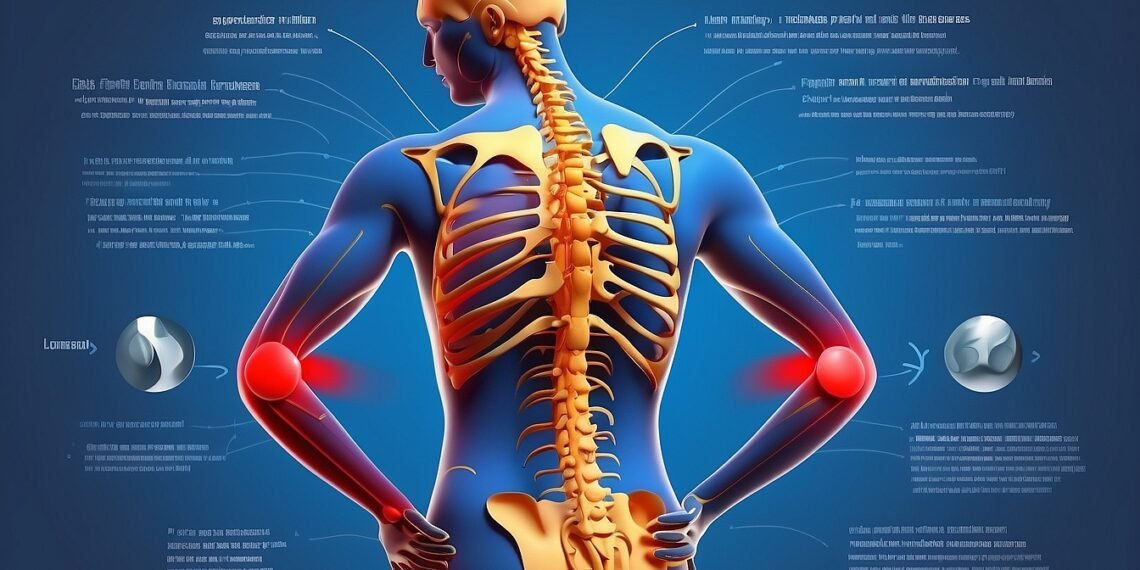Relieving Hip and Lower Back Pain:Often stemming from muscle strain, poor posture, or joint issues, hip and lower back pain can be alleviated through various methods. Exercise, heat therapy, pain relievers, and posture correction are common approaches. Consult a doctor if pain is severe, persistent, or accompanied by other symptoms.Direct and Indirect Mechanisms:
Follow-up questions about hip and lower back pain:
Pain specifics:
- Location: Where exactly is the pain located? Is it more concentrated in your hip, lower back, or both? Does it radiate anywhere else?
- Intensity: How would you describe the pain (sharp, dull, aching, burning)? How severe is it on a scale of 1-10?
- Duration: When did the pain start? Is it constant or intermittent? Does it come and go, or is it always present?
- Aggravating factors: What activities or movements seem to make the pain worse or better?
- Associated symptoms: Do you have any other symptoms besides pain, such as numbness, tingling, weakness, stiffness, or difficulty walking?
Relationships:
- Impact on daily activities: How does the pain affect your daily activities, work, hobbies, and social life?
- Emotional impact: Are you experiencing any emotional distress or mental health issues related to the pain?
- Support system: Do you have a strong support system of friends, family, or healthcare professionals who can help you manage the pain?
Treatment and management:
- Previous treatments: What have you tried so far to relieve the pain, such as over-the-counter medications, home remedies, or alternative therapies?
- Treatment effectiveness: Have any of these treatments been effective in relieving the pain? If so, to what extent?
- Openness to new treatments: Are you open to trying other treatment options, such as physical therapy, massage therapy, or pain management techniques?
- Pain management concerns: Do you have any concerns about managing the pain long-term, such as medication side effects or potential for addiction?
Other potential causes:
- Pre-existing conditions: Do you have any pre-existing conditions that could be contributing to the pain, such as arthritis, sciatica, or osteoporosis?
- Recent injuries: Have you experienced any recent falls, accidents, or injuries to your hip, back, or legs?
- Lifestyle factors: Do you have any lifestyle factors that might be contributing to the pain, such as poor posture, lack of exercise, or smoking?
- Medications: Are you currently taking any medications that could be causing the pain as a side effect?
Additional questions:
- Timeline for improvement: What is your timeline for expecting improvement in your pain?
- Concerns about the cause: Are you concerned about the underlying cause of the pain?
- Long-term management: Do you have any questions or concerns about managing the pain in the long term?
- Next steps: What are your next steps in seeking treatment for your hip and lower back pain?
By providing detailed and accurate information about your pain, you can help your healthcare professional diagnose the underlying cause and develop an effective treatment plan that addresses your specific needs and goals.

